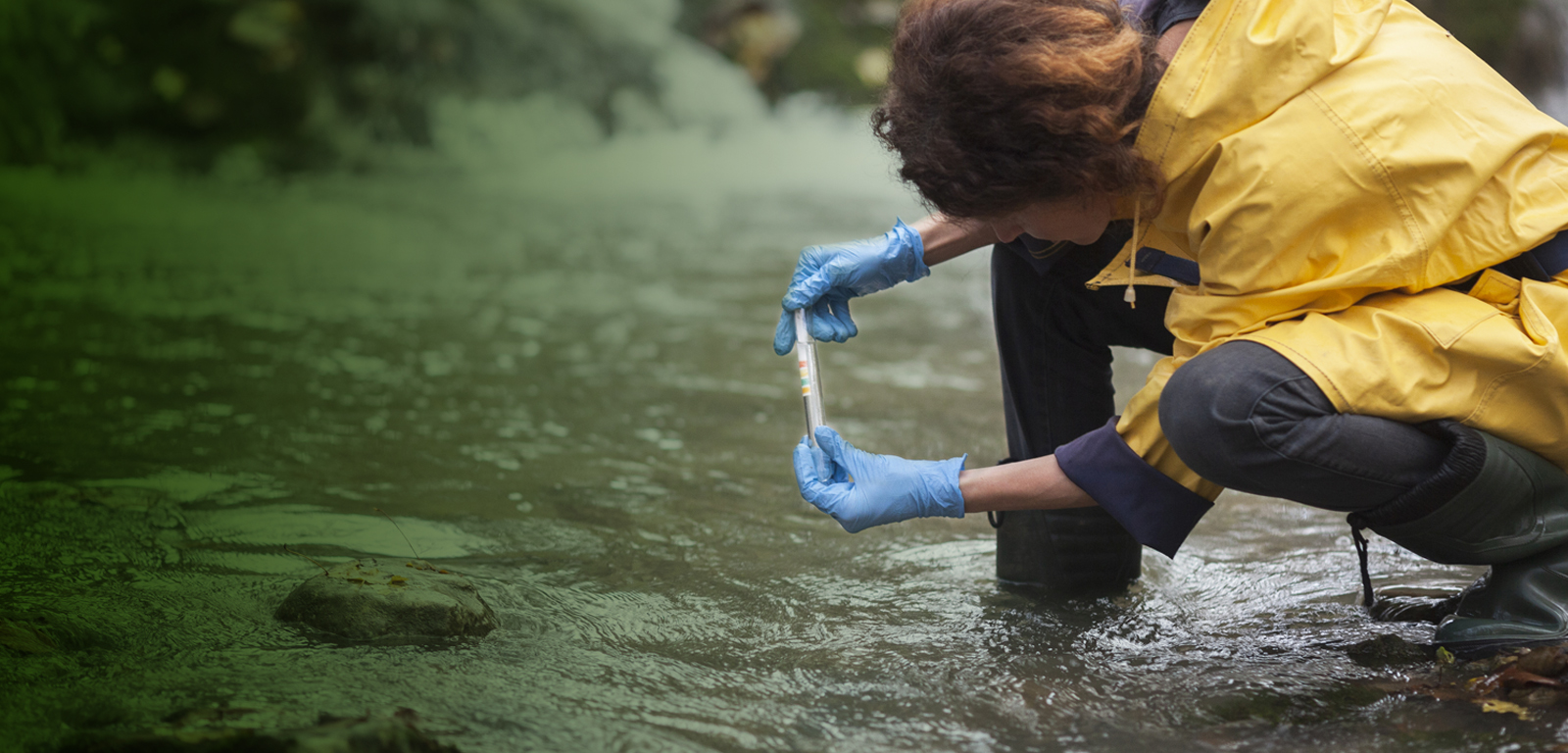Subject
Terrestrial and Aquatic Ecology and Ecophysiology
General details of the subject
- Mode
- Face-to-face degree course
- Language
- English
Description and contextualization of the subject
The fundamentals and latest knowledge in functional ecology and ecophysiology for an integrative (from the individual to the ecosystem) and comprehensive understanding of terrestrial and freshwater ecosystem functioning in response to natural variations and changes of anthropic origin.Aims
¿ To provide a broad overview of ecosystem functioning for a variety of ecosystem types, and key concepts in ecophysiology, functional ecology and bioindication.
Objectives
¿ To understand and be able to carry out a comprehensive assessment of ecosystem functioning built on the inclusion of several ecosystem components and levels of organization, from the individual to the whole ecosystem.
Teaching staff
| Name | Institution | Category | Doctor | Teaching profile | Area | |
|---|---|---|---|---|---|---|
| ORTIZ ZARRAGOITIA, MAREN | University of the Basque Country | Profesorado Agregado | Doctor | Bilingual | Cellular Biology | maren.ortiz@ehu.eus |
Competencies
| Name | Weight |
|---|---|
| Que el estudiante sepa y entienda los conceptos teóricos de los ciclos biogeoquímicos, así como los aspectos prácticos de los mismos y sus aplicaciones. | 16.0 % |
| Que el estudiante sepa y entienda los conceptos, práctica y aplicaciones de la evaluación integral de la salud de los ecosistemas (acuáticos y terrestres) en un ambiente cambiante y sometido a fuentes múltiples de estrés ambiental, incluidos los contaminantes químicos. | 16.0 % |
| Que el estudiante conozca los conceptos, práctica y aplicaciones de la biorremediación ambiental de entornos degradados por contaminación química. | 16.0 % |
| Que el estudiante conozca los mecanismos de resistencia de los organismos vivos (tolerancia, resistencia, resiliencia, adaptación, plasticidad, etc.) frente contaminantes químicos. | 16.0 % |
| Que el estudiante conozca los principales problemas que afectan a la investigación ambiental aplicada. | 16.0 % |
| Que el estudiante muestre destreza en la evaluación de la contaminación, de la calidad ambiental y de la salud de los ecosistemas, tanto desde el punto de vista académico como práctico. | 16.0 % |
Study types
| Type | Face-to-face hours | Non face-to-face hours | Total hours |
|---|---|---|---|
| Lecture-based | 22 | 33 | 55 |
| Applied laboratory-based groups | 8 | 12 | 20 |
| Workshop | 30 | 45 | 75 |
Training activities
| Name | Hours | Percentage of classroom teaching |
|---|---|---|
| Classroom/Seminar/Workshop | 75.0 | 40 % |
| Laboratory/Field | 20.0 | 40 % |
| Lectures | 55.0 | 40 % |
Assessment systems
| Name | Minimum weighting | Maximum weighting |
|---|---|---|
| Work and explaining | 40.0 % | 40.0 % |
| Written examination (theory) | 60.0 % | 60.0 % |
Learning outcomes of the subject
At the end of the Unit, you should:1. know the basics and components of ecosystem functioning (ecosystem properties and processes),
2. be able to analyze and even predict the effects of environmental and anthropic pressures at the organism (aquatic and terrestrial plants, animals) and ecosystem levels,
3. understand how organisms can influence ecosystem functioning,
4. understand the principles of bioindication and be able to carry out comprehensive and relevant studies of organisms as bioindicators.
Temary
Topics covered include:terrestrial plant hydraulics (basics, regulation, dysfunction and consequences on plant survival in response to environmental variations)
functional traits and diversity, from the individual level to ecosystem functioning
structure, functioning and dynamics of freshwater ecosystems
role of organisms in freshwater ecosystem functioning and their use as bioindicators
Bibliography
Basic bibliography
Garnier E., Navas M.L. & Grigulis K. 2016. Plant functional diversity, Organism traits, community structure and ecosystem properties, Oxford University Press.Hopkins WG. 2009. Introduction to plant physiology, John Wiley & Sons Inc.
Lambers H., Chapin III F.S & Pons T.L. 2008. Plant Physiological Ecology, 2nd ed, Springer.
Larcher W. 2003. Physiological Plant Ecology, 4th ed, Berlin: Springer.
Reynolds, C. 2006. Ecology of Phytoplankton. Cambridge University Press, Cambridge, GBR.
Taiz L. & Zeiger E. 2002. Plant Physiology, 3rd ed, Sunderland: Sinauer Associates. (available online).
Wetzel, 2001. Limnology: Lake and River ecosystems, 3rd ed., Academic Press.


